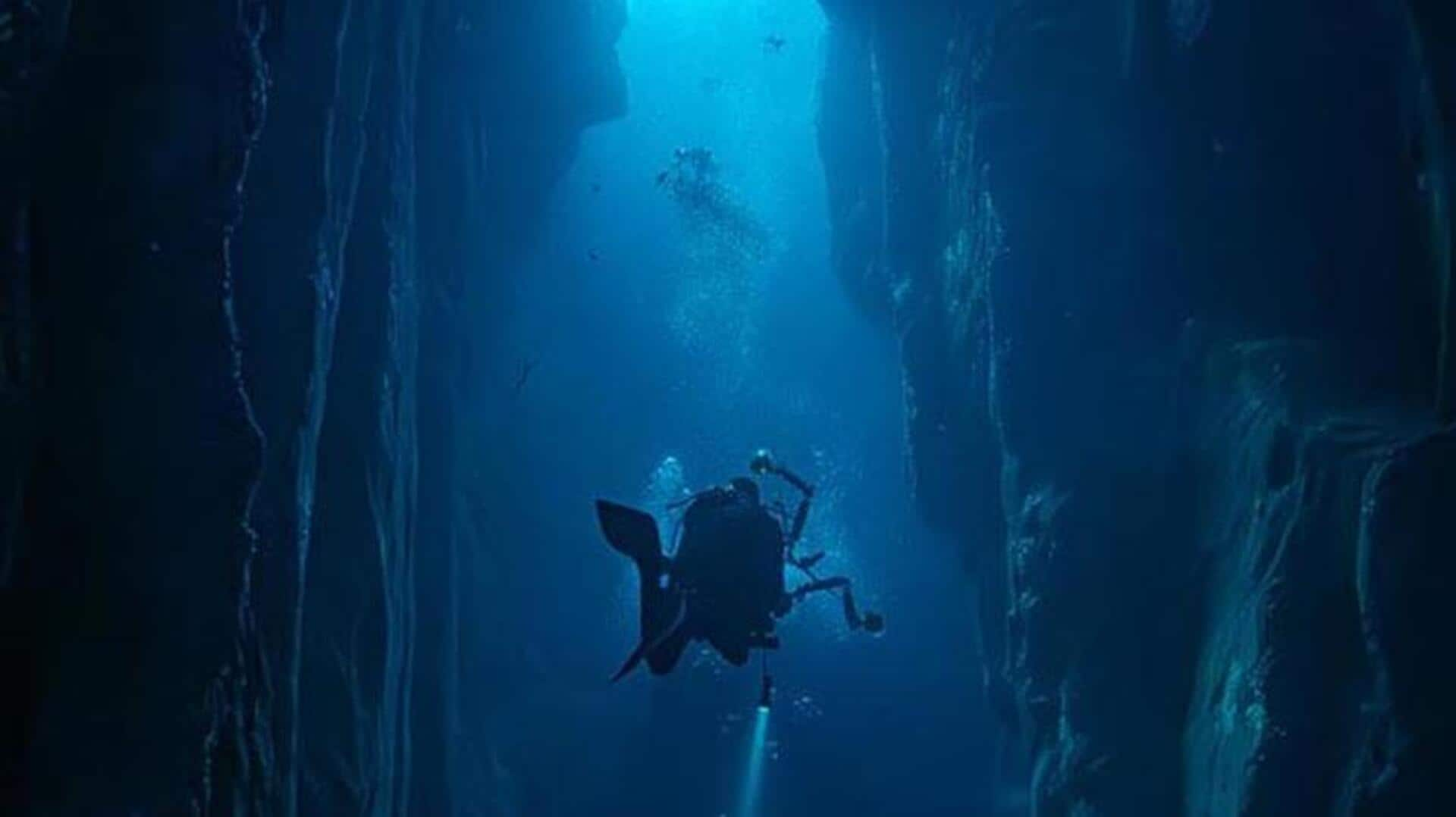Underwater volcanoes diving: A unique adventure
What's the story
Plunging into the deep to discover the mysteries of underwater volcanoes combines the best of adventure and science.
These geological giants, crucial for supporting life in the ocean, offer a unique and exhilarating experience for divers.
This article delves into what makes diving at these locations special and provides tips for those looking to embark on their journey to explore these wonders of nature.
Preparation
Preparing for your dive
Before venturing into the realm of underwater volcanoes, divers need advanced certifications to handle the challenging conditions.
Deep dives and powerful currents require skill and experience.
Specialized gear is necessary to withstand the extreme environment near hydrothermal vents.
A good dive computer and underwater camera are crucial for tracking dive parameters and documenting the surreal landscapes, adding to the overall experience.
Location
Choosing the right location
Not all submarine volcanoes are created equal, and some are downright dangerous. Kavachi Volcano in Solomon Islands and Siau Island in Indonesia are two popular choices among divers for their active vents and abundant marine life.
Always research volcanic activity before diving, as conditions can change quickly.
Opting for guided tours can increase safety, while also guaranteeing dives in areas of high ecological value.
Marine life
The marine life around submarine volcanoes
The areas surrounding underwater volcanoes teem with life, thanks to the extreme conditions that have allowed unique marine species to evolve and thrive.
Divers can expect to encounter species not found anywhere else, from vibrant tube worms and heat-resistant microorganisms to huge schools of fish attracted by the nutrient-rich waters.
These discoveries offer priceless glimpses into life's resilience and adaptability in the face of extreme environments.
Safety & environment
Safety measures and environmental considerations
Precautions to take while diving near underwater volcanoes:
Adhere strictly to guidelines provided by dive professionals. Never attempt to touch or interfere with the fragile marine life that thrives around hydrothermal vents.
Be a responsible diver. Limit your contact with seabed surfaces and ensure you leave nothing behind that could harm the environment.
Tips
Essential tips before you dive
Before embarking on your adventure, make sure you are physically fit to handle the strenuous conditions of deep-sea diving, particularly near volcanic zones.
Familiarize yourself with the equipment in controlled settings to enhance your comfort during actual dives.
Never underestimate the importance of checking weather conditions before diving; unexpected changes can significantly impact visibility and currents, so this step is vital for planning a safe trip.
